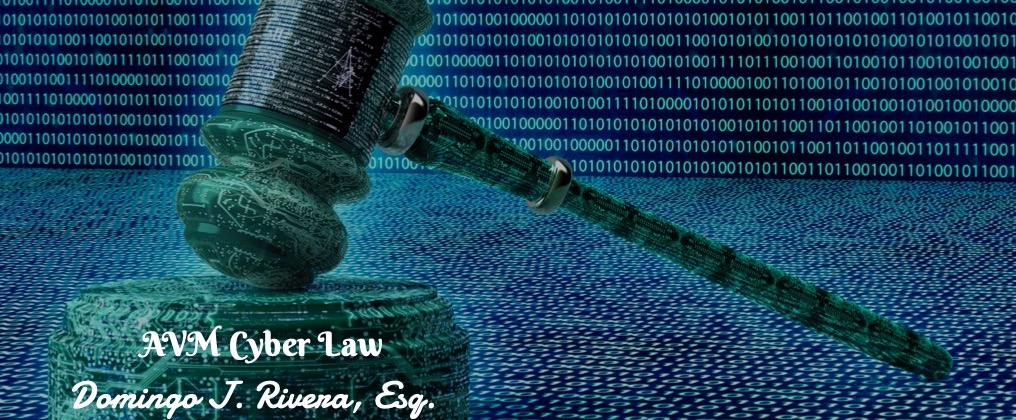Website development contracts: The “handshake deal” can cost you.
Mon, Jul 23, 2007
Read in 2 minutes
You should be aware of the risks associated with the absence of a carefully drafted website development agreement and should consult with an Internet Attorney before hiring others to develop your website.

Under U.S. copyright laws, the developer of a website owns the intellectual property and copyrightable elements of the website. The copyrightable elements of a website include the text, graphics, scripts, code, and the “look and feel.” Unless there is a contract to the contrary, the website developer’s client only obtains a non-exclusive license to utilize the intellectual property that it paid to develop. Even the copyright notice on the client’s website applies only to the contents that were developed by the client and not to the contents that were created by the developer.
This means that under the default scenario, your business’ website developer can create a very similar website for your competitors. Furthermore, at the end of your business’ relationship with the website developer, the website developer can also demand that you stop using its intellectual property and copyrightable contents. If you refuse, you may find yourself as the defendant in a copyright infringement lawsuit.
Even worse, your website developer may refuse to facilitate your business’ transition to a new developer. If your business depends on its website, it may never recover from this website hijacking scheme commonly applied by some unscrupulous website developers.
You should be aware of the risks associated with the absence of a carefully drafted website development agreement and should consult with an Internet Attorney before hiring others to develop your website.